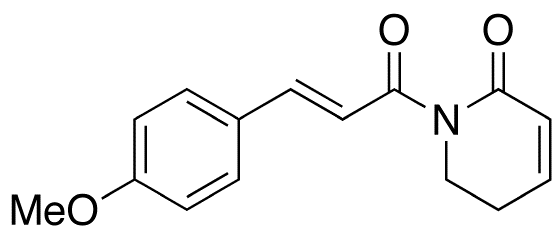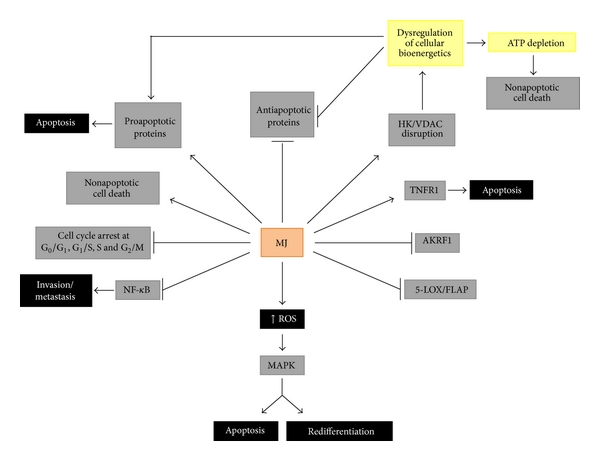Updated with more research links and a source for piperlongumine! This natural compound is apparently effective against so many different cancer types. I’ve only included links to the free research articles, but there are many more behind the paywalls!
Scientists at the Broad Institute and Massachusetts General Hospital (MGH) have discovered a novel compound that blocks this response to oxidative stress selectively in cancer cells but spares normal cells, with an effectiveness that surpassed a chemotherapy drug currently used to treat breast cancer. Their findings, based on experiments in cell culture and in mice, appear online in Nature on July 13.
The plant-based compound piperlongumine (PL), derived from the fruit of a pepper plant found in southern India and southeast Asia, appears to kill cancer cells by jamming the machinery that dissipates high oxidative stress and the resulting ROS. Normal cells have low levels of ROS, in tune with their more modest metabolism, so they don’t need high levels of the anti-oxidant enzymes that PL stymies once they pass a certain threshold.
Taking out a cancer’s co-dependency:
Novel compound selectively kills cancer cells by blocking their response to oxidative stress
Synthesis, cellular evaluation, and mechanism of action of piperlongumine analogs
Selective killing of cancer cells by a small molecule targeting the stress response to ROS
Targeting Aberrant Glutathione Metabolism to Eradicate Human Acute Myelogenous Leukemia Cells
New Mild and Simple Approach to Isothiocyanates: A Class of Potent Anticancer Agents


